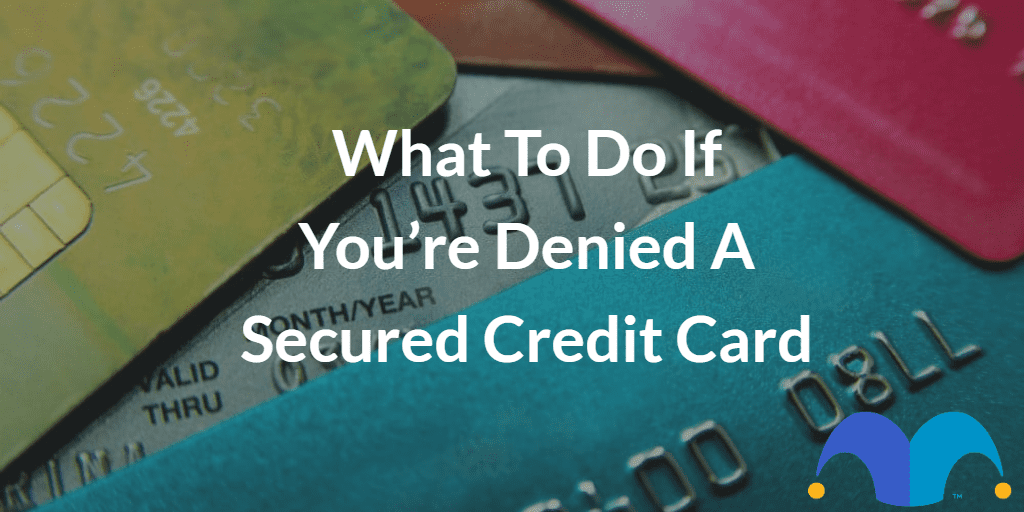If you’ve been denied a secured credit card it can be frustrating. You may be wondering what went wrong and what you should do now.
Secured credit cards are often suggested for people with bad credit scores. They work a bit like a flat deposit where you add some cash (often the same as your credit limit) into the account. This deposit stays there and the lender can keep it if you stop paying your credit card bill. Because there is a deposit, lenders are often more likely to approve secured credit cards for people with a bad credit rating.
But sometimes people are still refused a secured credit card because lenders run credit checks on people applying and check that applications meet their eligibility criteria.
Here are some practical steps you can take to understand why your application was refused and to improve your chances of being approved next time.
Be a detective
It might take a bit of detective work to figure out why your application was refused. Here are three steps to take:
- Check your original application for mistakes. For example, maybe your name, address or salary information is wrong.
- Ask the lender why you were denied a secured credit card. They are not obliged to tell you, but it’s worth a try. Even if they don’t tell you, they do have to give you details of the credit reference agency they used to check your credit report.
- Get hold of your credit report. There are three credit reference agencies – Equifax, Experian and Transunion – and you can check your credit score for free with each of them. This is where you need to be a detective. Look at each section to see why you might have been denied a secured credit card. Your credit report will show information on your name, address, if you are on the electoral register, any late or missed payments on debts, your total level of debt and any County Court Judgements or bankruptcies. Keep notes of anything to work on before your next application.
Improve your chances
Now you have your credit report and have hopefully worked out why you were refused, you can start to work on improving your chances of being approved. Here are some actions you can take:
- If you spot any mistakes in your credit report you can write to the credit agency and ask to have them changed. You need to submit any evidence with your letter.
- Try to improve your credit score so that it is better when you next apply. You may have noticed something you can improve on your credit report. For example, if you are not on the electoral register, you can apply online to be added using the register to vote website.
- Keep up to date with payments on any other bills or loans. Your credit report will show any late payments. If you are struggling financially and have debts, you can find information to help you get out of debt or learn how to budget. Most lenders only look at the last 2-3 years of your credit history and, if you have previously had problems with late payments, your credit score will usually start to improve with around 6 months of regular payments.
- Don’t keep applying for secured credit cards. Credit searches show up on your credit report and may further damage your credit score. Lenders may think you are desperate for cash or in financial difficulty. It is usually best to apply for only one credit card every three months.
- When you are ready to apply again for a credit card, make sure you do your research. You may want to look at other types of credit cards for people with a bad credit score to see if they are more suitable. Some lenders have eligibility criteria on their website. This means you can check if you are likely to be accepted before you apply and reduces the risk of being denied.
And finally…
Once you are accepted for a secured credit card, make sure you keep up with monthly repayments. That way you should start to see your credit score gradually improve.
